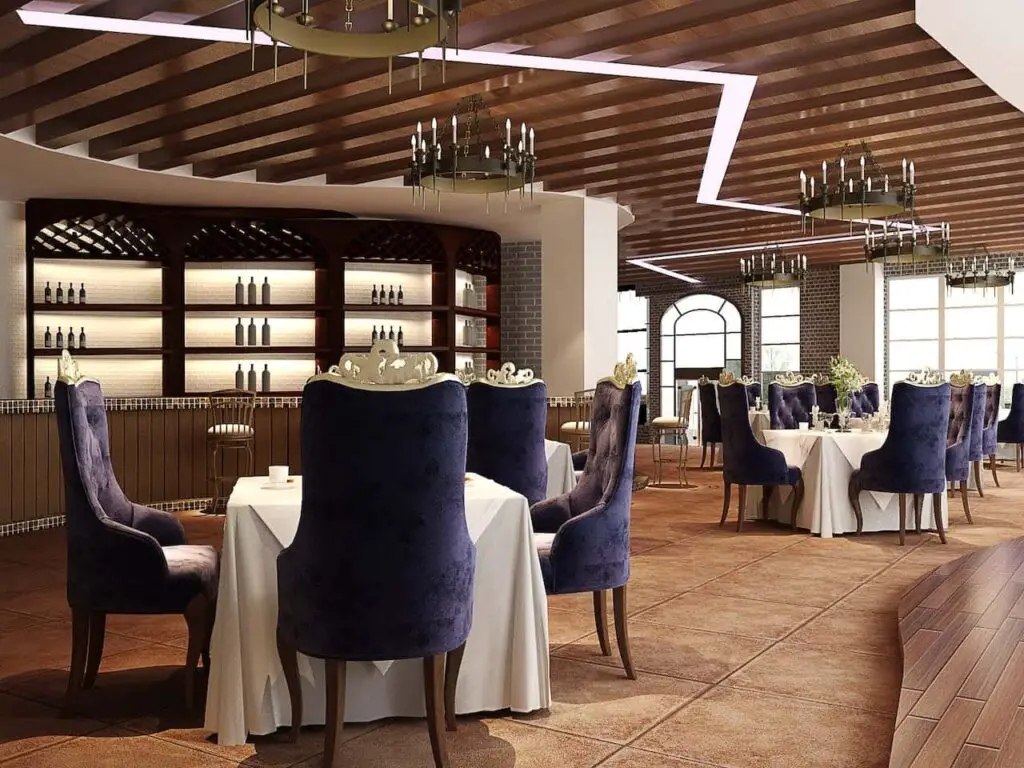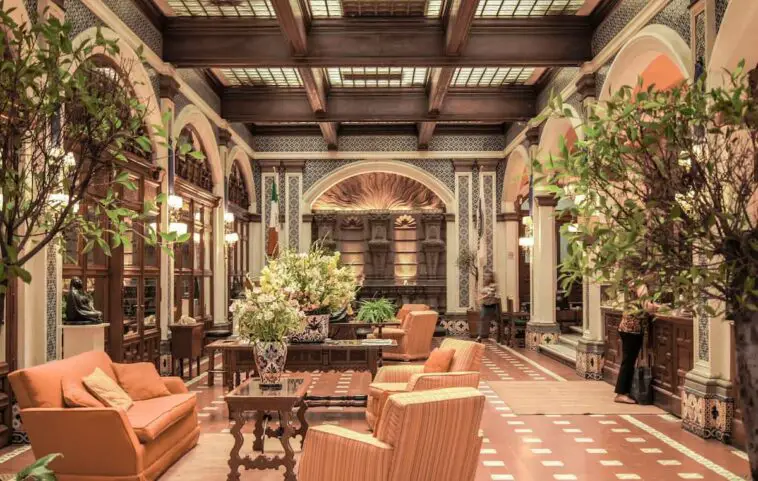Luxury hotels strive to provide an impeccable experience for their guests, ensuring every detail contributes to a comfortable and memorable stay. One challenge that hotels face is the presence of pests, which can be off-putting for guests. However, the methods used to control pests must be discreet to maintain the luxurious ambiance. In this article, the experts at Pestline discuss effective strategies for luxury hotels to keep pests at bay without compromising the guest experience.
Understanding the Unique Challenge
Luxury hotels often feature lush landscapes, expansive dining areas, and intricate architectural designs that may inadvertently attract pests. The challenge for these establishments lies in maintaining a pristine environment without resorting to visible pest control measures. Guests expect a seamless and unobtrusive experience, making it crucial for hotels to employ discreet pest management strategies.
The Impact of Pests on Luxury Hotels
Pests, such as rodents, insects, or even bed bugs, can tarnish the reputation of a luxury hotel. Unpleasant encounters with pests can lead to negative reviews, impacting the hotel’s brand image and deterring potential guests. Therefore, it is imperative for luxury hotels to adopt proactive measures to prevent and control pest infestations.
Proactive Pest Prevention Strategies
To maintain a pest-free environment without disrupting the guest experience, luxury hotels should implement proactive pest prevention strategies. These measures aim to address potential pest attractants and entry points before infestations occur.
Landscaping and Greenery Maintenance
Luxury hotels often boast extensive gardens and green spaces, which can inadvertently attract pests. Regular landscaping and greenery maintenance are essential to eliminate potential pest harborage areas. Trimmed bushes, well-maintained lawns, and strategic plant placement can deter pests without compromising the aesthetic appeal of the surroundings.
Proper Waste Management
Effective waste management is crucial in preventing pest infestations. Luxury hotels should implement a rigorous waste disposal system, ensuring that garbage bins are sealed tightly, and waste is promptly removed from the premises. Regular cleaning schedules and waste inspections can help identify and address potential pest attractants.

Sealing Entry Points
Pests can enter buildings through the smallest openings. Luxury hotels should invest in sealing potential entry points, such as gaps in doors, windows, and walls. Weather stripping, door sweeps, and regular inspections can help maintain a secure perimeter, preventing pests from infiltrating the premises.
Discreet Pest Control Measures
While preventive strategies are crucial, luxury hotels should also have discreet pest control measures in place to respond quickly to any signs of infestation.
Integrated Pest Management (IPM)
Integrated Pest Management is a holistic approach that combines preventive measures, regular inspections, and targeted interventions. This strategy focuses on addressing the root causes of pest issues rather than relying solely on chemical treatments. By incorporating IPM, luxury hotels can maintain a high level of pest control without disrupting the guest experience.
Low-Toxicity Pest Control Products
When chemical treatments are necessary, luxury hotels should opt for low-toxicity products. These formulations effectively eliminate pests while minimizing the impact on the environment and human health. Moreover, low-toxicity products often have reduced odors, ensuring that guests are not inconvenienced by strong chemical smells.
Night-time Pest Control
Luxury hotels can schedule pest control activities during the night to minimize guest exposure. Since many guests are likely to be out or asleep during these hours, night-time pest control operations can be conducted discreetly without causing disruptions. Communicating these schedules to guests through subtle notices can manage expectations and enhance transparency.
Staff Training and Awareness
A well-trained and aware staff is a critical component of any effective pest control strategy in luxury hotels. Staff members should be educated on the importance of proactive pest prevention, early detection, and discreet intervention.
Housekeeping Protocols
Housekeeping staff play a pivotal role in identifying and addressing potential pest issues. Implementing rigorous housekeeping protocols, such as thorough room inspections and immediate reporting of any signs of pests, ensures a swift response to emerging problems.
Front Desk Communication
The front desk staff should be trained to handle guest concerns regarding pests with discretion and efficiency. A well-prepared front desk team can seamlessly address guest complaints, offer solutions, and coordinate with the pest control team without causing unnecessary alarm.
Ongoing Training Programs
Regular training programs for all staff members, including those in landscaping, housekeeping, and guest services, ensure that everyone is equipped to contribute to the hotel’s pest control efforts. These programs can cover new pest management techniques, communication strategies, and the importance of maintaining a pest-free environment.
Communication Strategies
Transparent and proactive communication is key to managing guest expectations and ensuring a positive experience, even when dealing with pest control measures.
Guest Education
Luxury hotels can educate guests on their pest control efforts through subtle communication channels. This can include information in welcome materials, discreet signage, or digital platforms. Providing guests with insights into the hotel’s commitment to pest control can foster understanding and cooperation.
Preemptive Notices
If a hotel anticipates the need for pest control activities, providing preemptive notices to guests can be a thoughtful approach. These notices can be sent discreetly via email or placed in guest rooms, informing them of upcoming pest control measures without causing unnecessary concern.
Swift Issue Resolution
In the event that a guest encounters a pest-related issue, prompt and efficient resolution is crucial. Luxury hotels should have a well-defined protocol for addressing guest complaints, offering immediate solutions, and ensuring that the issue is resolved discreetly and to the guest’s satisfaction.
Embracing Technology for Advanced Monitoring
Luxury hotels can integrate cutting-edge technology into their pest control efforts by deploying advanced monitoring systems. Wireless sensors, cameras, and smart traps can be discreetly placed throughout the premises to detect early signs of pest activity. These systems provide real-time data, allowing hotel staff to respond swiftly to emerging issues. The use of technology not only enhances the effectiveness of pest control but also aligns with the modern and sophisticated image of luxury hotels. Embracing technological solutions discreetly contributes to a seamless guest experience while ensuring a proactive and high-tech approach to pest management.
Conclusion
Maintaining a luxurious ambiance while ensuring a pest-free environment is a delicate balance that luxury hotels must strike. By combining proactive pest prevention strategies, discreet control measures, staff training, and effective communication, hotels can successfully keep pests at bay without turning off their discerning guests. In doing so, these establishments can uphold their reputation for excellence and provide an unparalleled experience that extends beyond the physical beauty of their surroundings.





